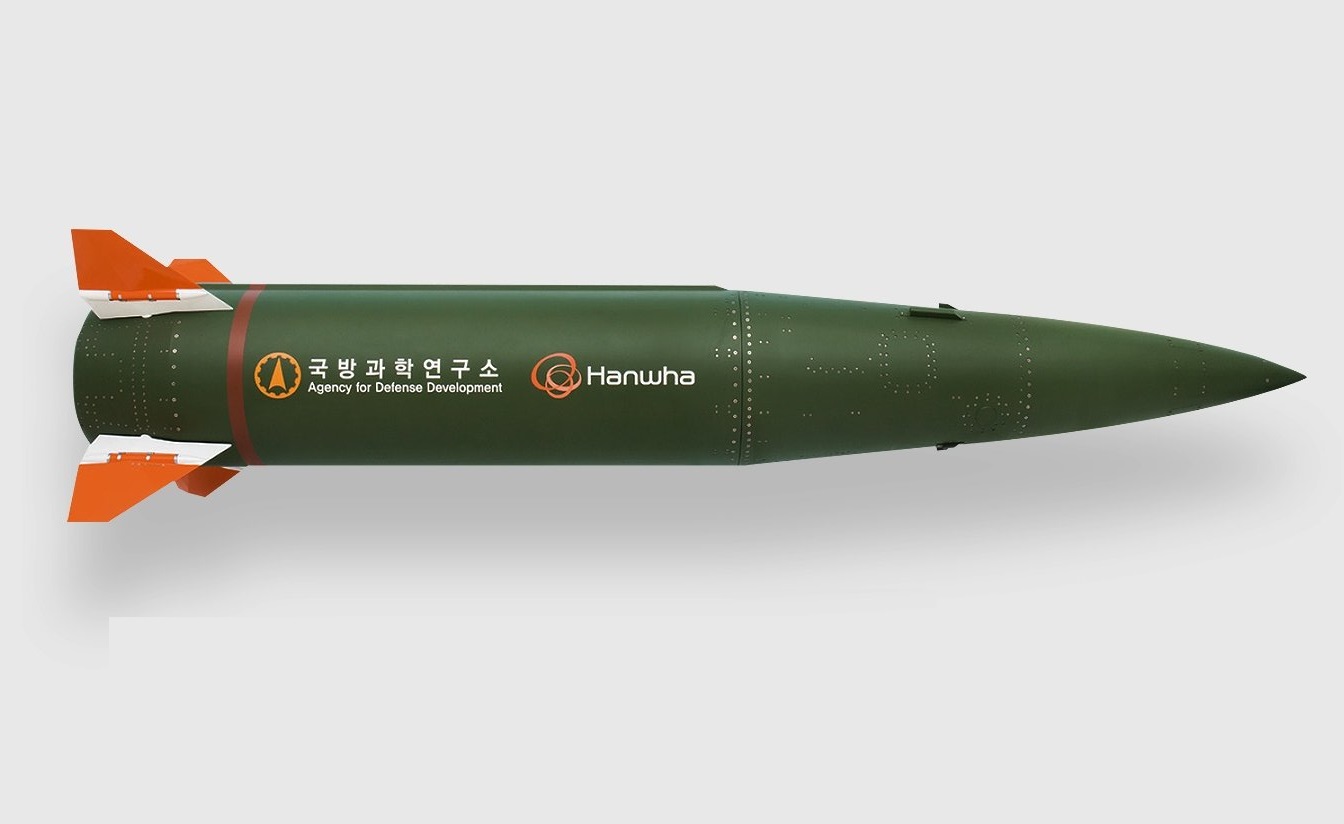South Korea recently accomplished a successful test launch of an upgraded version of the Korean Tactical Surface to Surface Missile-I (KTSSM-I). The testing of this modified missile variant occurred at the Agency for Defense Development’s testing site in Taean County, situated 109 kilometers southwest of Seoul. The KTSSM (Korean Tactical Surface-to-Surface Missile), also known as Ure, is a short-range tactical surface-to-surface missile developed through the Lightning Project. Originating as a response to North Korea’s conventional artillery threat after the Bombardment of Yeonpyong Island, the Block 1 variant was collaboratively developed in 2019 with Hanwha Group under the guidance of the Agency for Defense Development (ADD). Currently, efforts are underway to develop an improved Block 2 version capable of operating on various transporter erector launcher (TEL) platforms.

Designed with the specific purpose of swiftly neutralizing North Korean long-range artillery, the Ure, often referred to as the “artillery killer,” was created through collaboration between Hanwha Corporation and the ADD. This missile system allows for the simultaneous launch of four missiles from a fixed launch pad, covering a distance of 120 km (75 mi). The cost-effective system, priced at $1.9 million for both launcher and missiles, employs GPS guidance for accuracy within two meters and features a shaped thermal warhead capable of penetrating bunkers and hardened targets several meters underground. Distinctively cheaper and more accurate than its American counterpart, the MGM-140 ATACMS missile, the Ure serves a vital counterbattery role with its shorter range.

Two versions of the missile exist: Ure-1 for targeting M1978/M1989 Koksan 170 mm howitzers and M1985/M1991 240 mm unguided multiple rocket launchers (MRLs); and Ure-2, a self-propelled system designed to engage KN-09 300 mm MRLs and KN-02 short-range ballistic missiles, with Block I and Block II versions featuring different warhead configurations. The development of the Ure spanned from 2014 to 2017, with a total cost of USD $418 million. Successfully test-launched in October 2017, the South Korean Army announced plans to establish a new artillery brigade composed of Ure-2 and K239 Chunmoo multiple launch rocket systems in March 2018. Initially scheduled for fielding in 2019, the deployment was postponed to 2023 pending approval from the United States for crucial components. Reports in 2019 suggested deployment in 2021, and in November 2020, mass production was announced to commence, aiming for over 200 units in service by 2025.

On December 21, 2022, the Agency for Defense Development conducted a public test of the Ure-2 at the Anheung Proving Ground. Mounted on the K239 Chunmoo vehicle, the missile successfully hit a target 200 kilometers away. Subsequent to deliberations by the 150th Defense Project Promotion Committee on March 13, 2023, approving the basic strategy and system development plan for a vehicle-mounted Tactical Surface-to-Surface Missile, a revised plan targeted the completion of Ure-2 development by 2032—two years earlier than initially planned. On May 11, 2023, the South Korean Defense Agency for Technology and Quality (DTaQ) announced the successful quality certification launch test of Block I produced through the mass production process, further solidifying South Korea’s advancements in artillery neutralization capabilities.
















